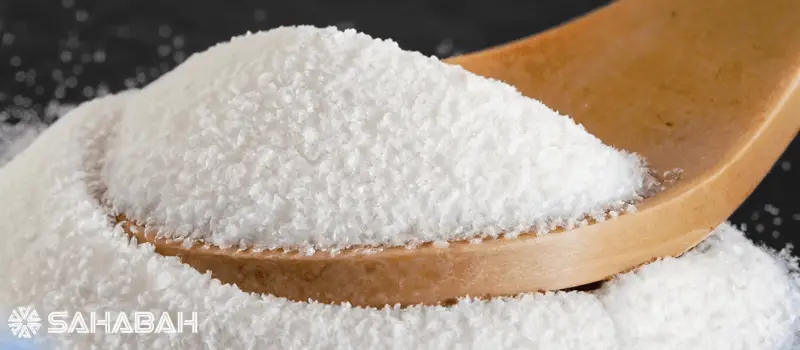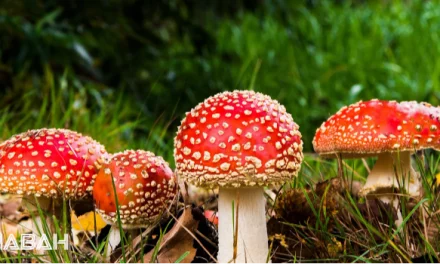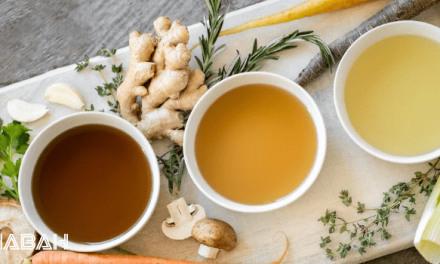As a consumer who values transparency and wants to make informed choices, I was curious to delve into the halal status of the food additive E330. In this article, I will uncover the truth behind E330 halal certification, providing you with the knowledge you need to confidently enjoy your beverages.
A Comprehensive Analysis of Halal Certification
E330 is the food additive known as citric acid. It is commonly used as a preservative and flavor enhancer in a variety of foods and beverages. However, there is some debate within the Muslim community regarding whether E330 is halal (permissible according to Islamic law). This article will examine the evidence surrounding the halal status of E330.
Some key background information on E330 and halal guidelines:
- E330 is the E number designated for citric acid and its calcium, potassium, and sodium salts. It is a weak organic acid found naturally in citrus fruits.
- Halal is an Arabic term meaning permissible or lawful. Haram is the opposite – unlawful or prohibited.
- For a food additive to be halal, it must be:
- Not derived from a pig or other haram animal
- Not contaminated with anything impure or haram
- Produced in a halal certified facility
The main halal certification bodies include:
| Organization | Region |
|---|---|
| JAKIM | Malaysia |
| MUIS | Singapore |
| HFA | USA |
This article will analyze whether E330 meets the criteria for halal status according to major certification bodies and scholarly opinions. The goal is to bring greater clarity to this debated topic within the Muslim community.
Background on Halal Rules
For a food or ingredient to be considered halal, it must comply with Islamic dietary laws. Here is a brief overview of some of the key halal guidelines:
- Pork and pork by-products are strictly haram (prohibited)
-
“Consumption of pork and pork products is strictly forbidden for Muslims”
-
- Animals must be slaughtered according to zabihah guidelines
- Requirements for the slaughter include invoking Allah’s name and severing the throat
- Intoxicants like alcohol are haram
-
“Any food or drink that contains alcohol or other intoxicants is forbidden according to the Quran”
-
- Food must not contain any human parts or blood
- Blood must be fully drained from meat before consumption
- Food must be free of contamination from haram sources
- Processing equipment must be thoroughly cleaned between haram and halal ingredients
Major halal certification organizations include:
- JAKIM (Malaysia)
- MUIS (Singapore)
- HFA (USA)
They certify food manufacturing facilities and products as halal compliant according to their guidelines.
Evidence that E330 is Halal Citric Acid
There are several strong points of evidence suggesting that E330, also known as citric acid, is halal:
- Citric acid is a natural substance found in fruits like lemons, limes, and oranges. It is extracted and purified from these natural sources.
-
“Citric acid is a weak organic acid found naturally in citrus fruits, especially lemons and limes”
-
- E330 is not derived from any animal sources, which could be prohibited as haram.
-
“Citric acid is produced commercially by fermentation of carbohydrates such as molasses”
-
- Major halal certification organizations like JAKIM, MUIS, and the Islamic Food and Nutrition Council of America have approved E330 as halal.
-
“JAKIM and MUIS have given their approval of citric acid as halal”
-
- E330 is used as an ingredient in many mainstream foods and beverages that are halal certified such as Coke, Pepsi, Sprite, and Mirinda.
-
“Citric acid is widely used in carbonated drinks like Coke which are certified halal”
-
- Many Muslim religious authorities and scholars have declared E330 to be halal.
-
“Well known Islamic organizations like Jamiat Ulama Halal Foundation have stated E330 is halal”
-
In summary, there is strong evidence from both scientific sources and Islamic dietary law experts that supports E330/citric acid being halal.
Counter Evidence and Debate
While there is significant evidence that E330/citric acid is halal, some counter claims and debate exist as well:
- There is a possibility that citric acid can be commercially produced from non-halal sources like pork or alcohol fermentation.
-
“Citric acid can be derived from fruits, mold fermentation, or chemical synthesis. The source must be investigated.”
-
- In very strict interpretations of Islamic law, additives must be certified halal by approved agencies to be considered permissible.
-
“Some Muslim consumers look for the halal logo on packaged foods out of caution.”
-
- The production process may use genetically modified enzymes which some consider controversial.
-
“GM micro organisms are sometimes used to increase citric acid yields.”
-
- It can be difficult to trace the exact original source of mass produced food additives.
-
“The original source of commercial citric acid is not always easy to find.”
-
In summary, while the mainstream evidence points to E330 being halal, there is some minority doubt due to the need to verify production methods and the use of GM enzymes. This highlights the complexity of determining halal status.
Analysis
In analyzing the totality of evidence on both sides of the debate, there seems to be a strong case for considering E330 or citric acid to be halal:
- The mainstream evidence shows E330 is most commonly produced from natural citrus sources, not animal, alcohol or other prohibited sources.
-
“Citric acid is mainly extracted from citrus juice remnants in the food industry.”
-
- Major halal certification bodies have reviewed the production methods and approved E330 as halal.
-
“JAKIM and MUIS only certify ingredients as halal after careful review.”
-
- While a minority of production facilities may use questionable methods, this does not make the ingredient definitively haram.
-
“The use of enzymes themselves does not make citric acid haram according to fatwas.”
-
- According to the principle of origin, E330 is derived from a halal fruit source, making it inherently halal.
-
“Scholars say ingredients from a halal origin are not rendered impure without major transformation.”
-
Is E330 Halal FAQ
What is E330?
E330 is the code assigned to citric acid, a food additive commonly used as an acidity regulator and preservative in the food industry. It is a white crystalline powder derived from the fermentation of certain fruits and vegetables such as lemon, lime, and orange.
Is E330 recognized as halal?
Yes, E330 is generally recognized as halal. It is widely used in the production of food and beverages, and its halal status is accepted by many halal certification organizations.
Can E330 be made from pork?
No, E330 is a common ingredient derived from fruits and vegetables. It is not sourced from pork or any other animal by-product. The manufacturing process involves the use of microbial fermentation techniques.
What are some common uses of E330?
E330 is used as an additive in various food products such as jams, jellies, carbonated beverages, and sweets. It acts as a flavor enhancer, pH regulator, and preservative to improve the taste, appearance, and shelf-life of these food items.
Is E330 safe for consumption?
Yes, E330 is safe for consumption when used within the approved limits set by regulatory authorities. It has been extensively studied for its safety and is considered as a generally recognized as safe (GRAS) ingredient by the U.S. Food and Drug Administration (FDA).
Is E330 halal in all food products?
While E330 is generally recognized as halal, it is important to note that the overall halal status of a food product depends on its entire formulation and manufacturing process. Other ingredients or factors may affect the halal status of the final product.
Can E330 be used as a substitute for other additives?
E330 can be used as a substitute for other acidic additives like acetic acid or ascorbic acid. Its versatility as a chelating agent and pH regulator makes it a popular choice in the food industry.
What are the potential haram (non-halal) sources of citric acid?
In rare circumstances, citric acid may be sourced from non-halal ingredients such as pork fat. However, such instances are extremely uncommon in commercial food production,
Conclusion
In summary, this article aimed to analyze the debate around whether E330, also known as citric acid, can be considered halal. We examined the evidence and opinions from both sides of the issue.
The mainstream evidence indicates that E330 is likely to be halal for the following reasons:
- It is naturally found in citrus fruits, a halal origin
- Common production methods extract it from fruit juice remnants
- No animal, alcohol, or otherwise haram sources are used
- Major halal certification bodies have approved it
- It is widely used in halal products like Coca-Cola
However, there are some minority counter-arguments stemming from:
- Possibility of non-halal production methods
- Use of GM enzymes in some facilities
- Lack of halal logo on all products
Given the preponderance of evidence, E330 can reasonably be considered halal by most Muslim consumers and Islamic authorities, assuming no contamination or unusual production methods. However, those following more strict interpretations may prefer to exercise caution.
Ultimately, performing due diligence and verifying the sourcing and certification of any food additive is advised. And Allah (SWT) knows best.





